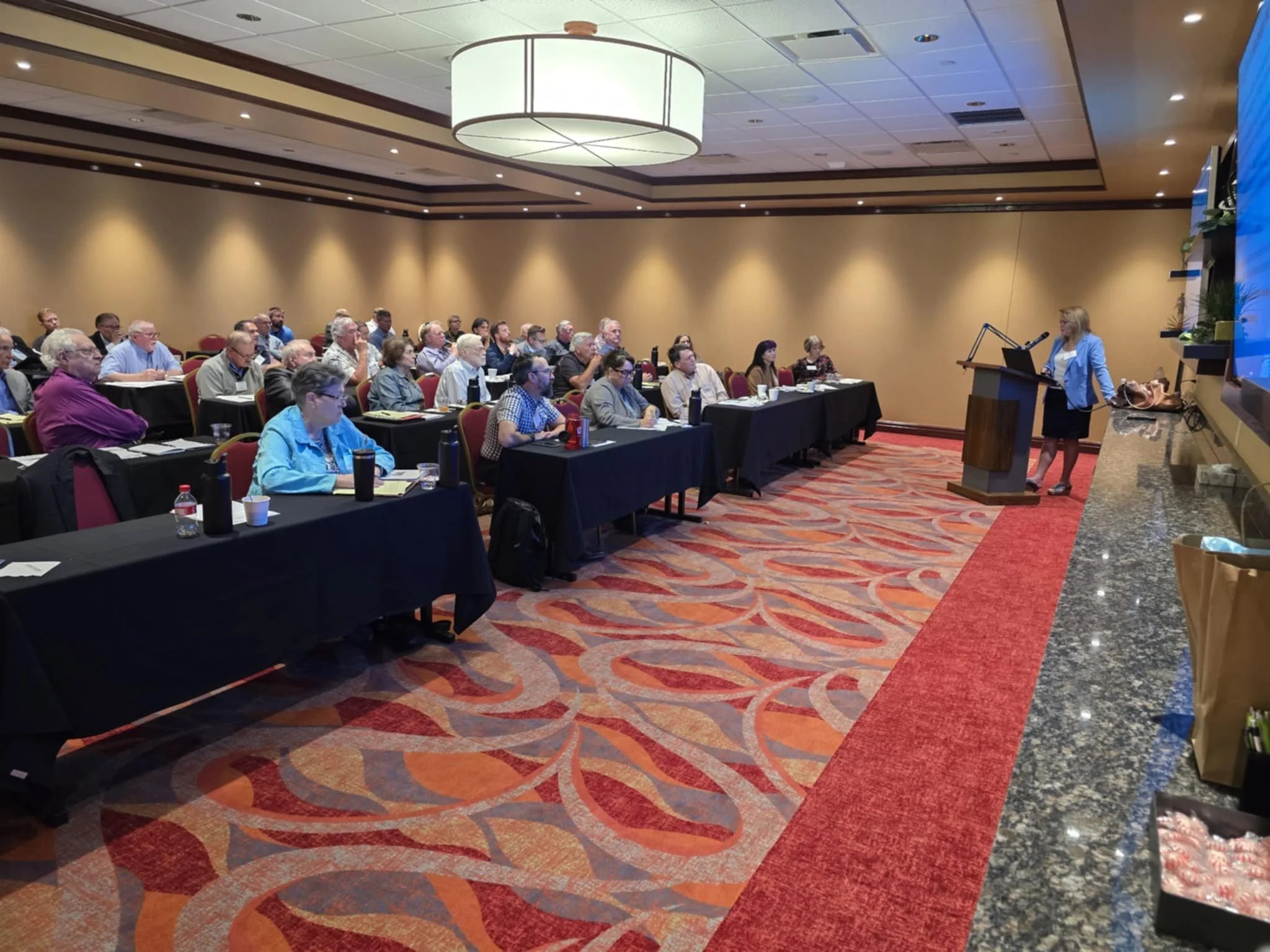Five Ways The Infrastructure Bill Will Impact Oklahoma
Construction in downtown Oklahoma City. OML
Earlier this month, Congress gave final approval to a $1 trillion infrastructure bill that now heads to President Joe Biden’s desk. Oklahoma is expected to receive over $5 billion, and here are five aspects of the bill that could have a positive impact on the state’s cities and towns.
New cities could gain rail service
Amtrak expansion and enhanced service is part of the infrastructure bill, including a proposal for new rail service between Wichita and OKC. That new line would serve new cities, such as Ponca City.
“Ponca City is the mid-point between Oklahoma City and Newton, Kansas,” Mayor Homer Nicholson told The Oklahoman. “We lost our rail transportation in 1979. We lost our commercial air service. We don’t have any bus lines.”
Expanded rural broadband
Oklahoma will see nearly $100 million for rural broadband improvements, which should grant access to an additional 368,000 Oklahomans, according to the federal government.
Electric charging stations
Nearly $66 million will go to constructing electric vehicle charging stations throughout the state, which will help residents outside the two largest cities who have wanted to buy electric vehicles but are not near charging stations.
Bridge and road construction
The biggest chunk of money coming to Oklahoma is $4.3 billion over five years for highway repairs and construction and another $266 million for bridge replacement and repairs.
"In Oklahoma, there are 2,326 bridges and over 1,004 miles of highway in poor condition," according to a White House fact sheet. "Since 2011, commute times have increased by 7.7% in Oklahoma, and on average, each driver pays $394 per year in costs due to driving on roads in need of repair."
Public transit
Nearly $354 million will pay for public transportation improvements. The White House said, "Oklahomans who take public transportation spend an extra 50.5% of their time commuting and non-white households are 2.2 times more likely to commute via public transportation. 25% of transit vehicles in the state are past useful life."


